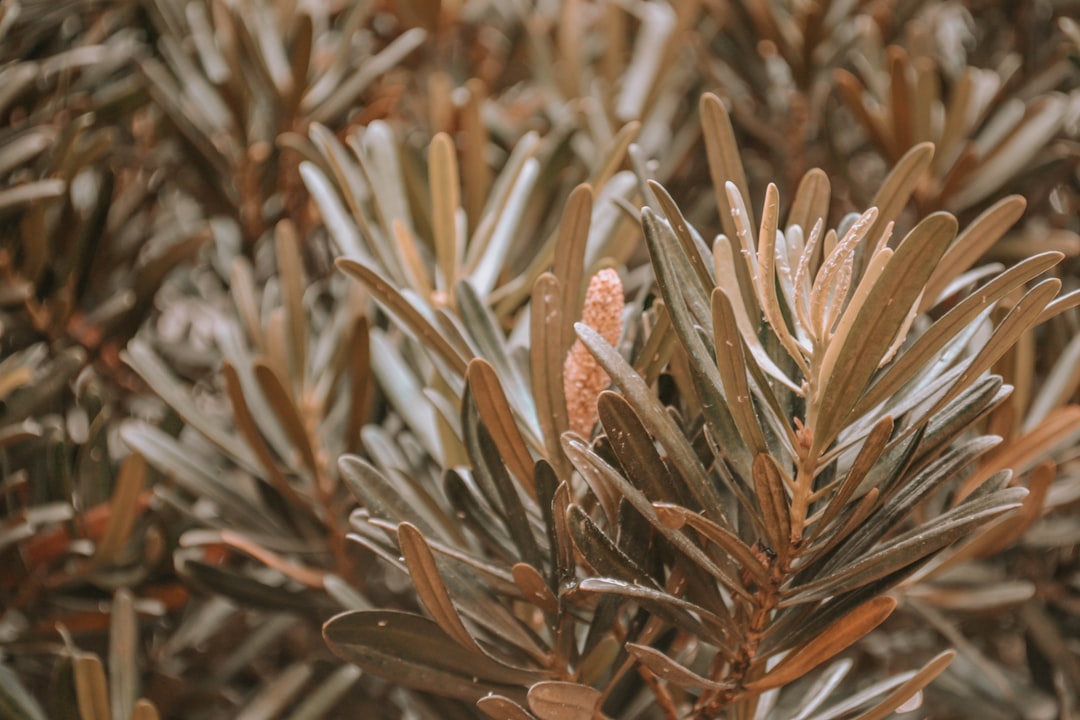What is it about?
The study uncovers how strong disease resistances dispersed around the global peanut crop via international seed exchange and collaboration, spreading humanitarian and environmental benefits. The resistances originated from a wild species which was used in complex hybridizations with cultivated peanut in the 1960s. Over years, genetic influence of the wild species spread to peanut varieties in at least 30 countries, in Africa, Asia, Oceania and the Americas. The peanut varieties, improved by wild genetics, increased food security for subsistence farmers and allowed large-scale farmers to reduce applications of fungicide sprays. In Brazil, where tropical peanut diseases plague farmers, these wild genetics even enabled the launching of a peanut variety aimed at the “Organic” market, recommended for cultivation with no fungicide sprays at all.
Featured Image

Photo by Vladislav Nikonov on Unsplash
Why is it important?
The study shows how, within a past environment more favorable to scientific collection, exchange and collaboration, disease resistance and other important traits in crop plants spread around the globe bringing humanitarian and environmental benefit. These past global benefits highlight the impacts of changes in laws and attitudes that have followed in the wake of the Convention on Biological Diversity. These changes have dramatically reduced the seed collections, exchange and collaborations necessary to generate benefits such as the ones described in the study. Since plant diseases continually evolve into more virulent forms, this trend, if not reversed, is a fundamental vulnerability to world food security.
Perspectives
This study shows how biodiversity used a within framework of international collaboration can used to benefit humanity and the environment. It also highlights the changes in laws and attitudes which have happened over the past few decades harming botanical collection and research.
David Bertioli
University of Georgia
Read the Original
This page is a summary of: Legacy genetics of
Arachis cardenasii
in the peanut crop shows the profound benefits of international seed exchange, Proceedings of the National Academy of Sciences, September 2021, Proceedings of the National Academy of Sciences,
DOI: 10.1073/pnas.2104899118.
You can read the full text:
Resources
Tracking wild peanut genes to improve crop resilience
University press release accompanying the PNAS article
How solving a peanut mystery uncovered the origin story of an exceptional peanut line
Press release from Hudson Alpha accompanying PNAS article
The humble peanut reveals how seed sharing makes crops more resilient in a warming world
The Anthopocene magazine's coverage of this story
Contributors
The following have contributed to this page










